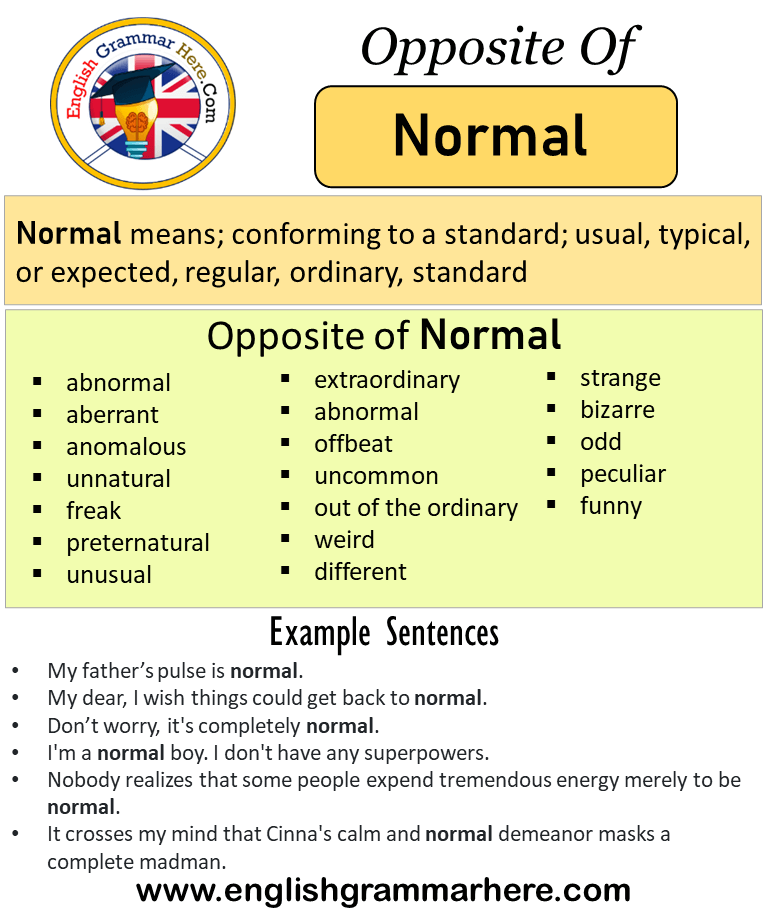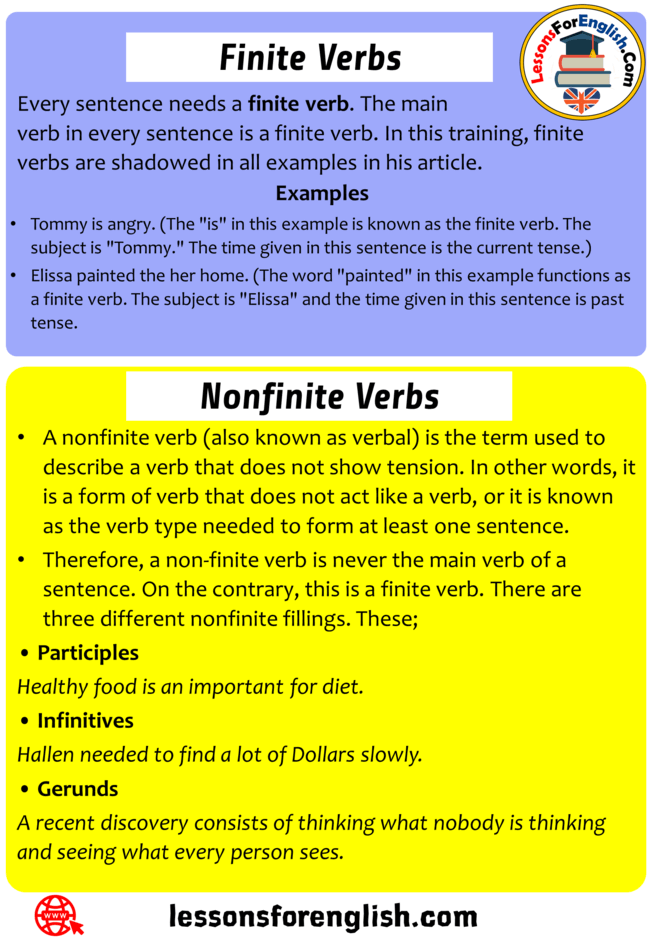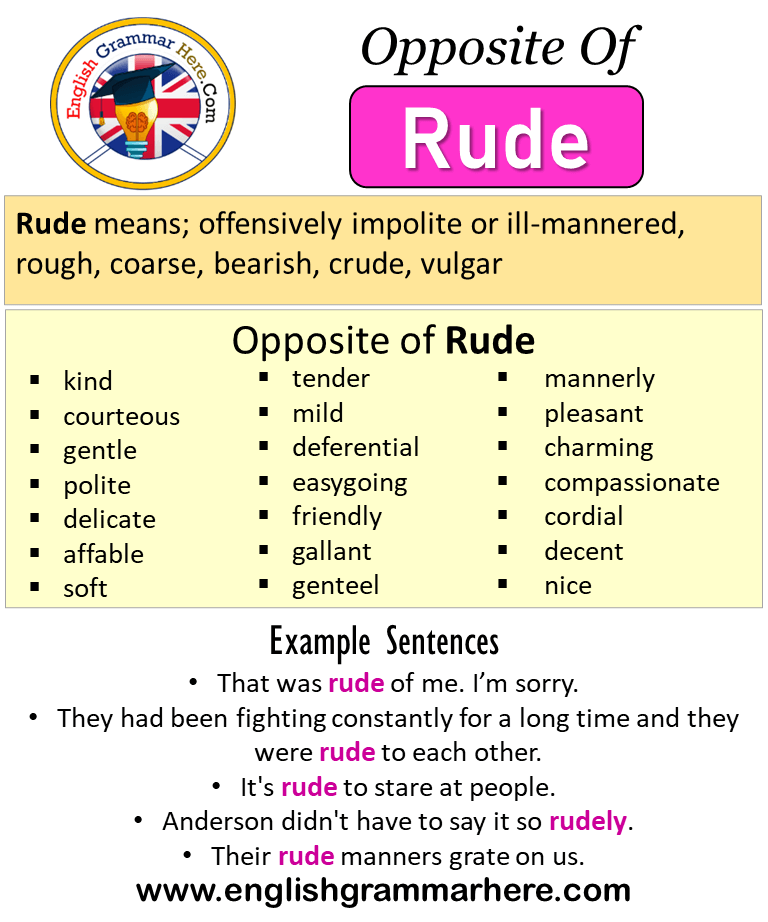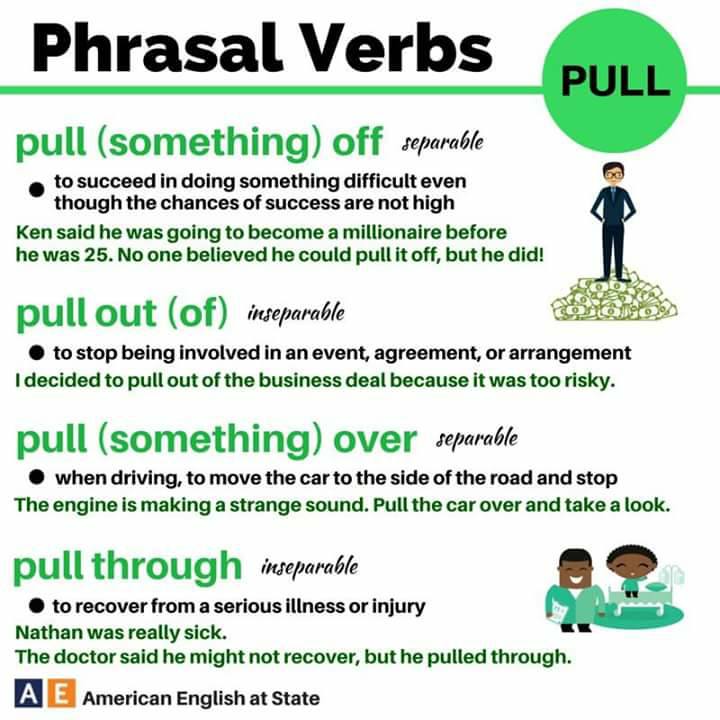The opposite of a transitive verb is an intransitive verb. A verb is an intransitive verb if it is not used with a direct object. Remember, only nouns, pronouns, and noun phrases can be direct objects. Prepositional phrases, adjectives, and adverbs cannot be used as direct objects.
Once again, both action and stative verbs can be used as intransitive verbs. Linking verbs are a special type of stative verb whose name gives a big clue as to what they do. Linking verbs are used to link a subject with a subject complement. A subject complement describes or identifies the subject of the sentence or clause. Linking verbs can function as intransitive verbs, which do not take direct objects. Transitive VerbsTransitive verbs are action verbs that always express doable activities that relate or affect someone or something else.
These other things are generally direct objects, nouns or pronouns that are affected by the verb, though some verbs can also take an indirect object, such as show, take, and make. In a sentence with a transitive verb, someone or something receives the action of the verb. Except for the linking verb list, the other categories break down into different types.
The list of helping verbs can be auxiliary or modal. The list of irregular verbs shows verbs in different tenses. When an action verb has no direct object, it's called an intransitive verb.
An adverb or adverb phrase can follow intransitive verbs, but there will not be a direct object. Auxiliary verbs are also known as helping verbs and are used together with a main verb to show the verb's tense or to form a question or negative. Common examples of auxiliary verbs include have, might, will. These auxiliary verbs give some context to the main verb, for example, letting the reader know when the action took place. A transitive verb is a verb that is accompanied by a direct object in a sentence. The direct object is the noun, pronoun, or noun phrase that is having something done to it by the subject of the sentence.
Both action and stative verbs can have direct objects, which means they can both be used as transitive verbs. The three verbals— gerunds, infinitives, and participles—are formed from verbs, but are never used alone as action words in sentences. Instead, verbals function as nouns, adjectives, or adverbs. Helping verbs, also called auxiliary verbs, are helpful verbs that work with other verbs to change the meaning of a sentence. A helping verb combines with a main verb in order to accomplish different goals. These include changing the tense of the verb or altering the mood of a sentence.
What Is Meaning Of Verb In English In these constructions, the "to be" verb will follow the standard rules for subject verb agreement. The examples below have sentences using "to be" verbs in different tenses. Both modals and auxiliaries can be found on a list of helping verbs.
Modals are usually followed by the infinitive of another verb. Just like the list of linking verbs, the list of modals within the list of helping verbs is also small and therefore easy to remember. The being/linking words in the sentences above are included in the being verbs list below. You can use words in the linking verbs list to connect the subject with other words in a sentence.
There aren't as many words on a linking verb list as there are on a verb list for mental and physical action words, but each word in the list of linking verbs is nonetheless important. There is a main verb and sometimes one or more helping verbs. ("She can sing." Sing is the main verb; can is the helping verb.) A verb must agree with its subject in number . A noun is a word for a person, place, thing, or idea. Nouns are often used with an article , but not always.
Proper nouns always start with a capital letter; common nouns do not. Nouns can be singular or plural, concrete or abstract. Nouns can function in different roles within a sentence; for example, a noun can be a subject, direct object, indirect object, subject complement, or object of a preposition. For the next little while, we're going to focus on main verbs. So, forget about those poor little helping verbs for a bit, and let's turn our attention to action verbs and linking verbs. These two kinds of main verbs can act in four different ways.
They do not work as verbs in the sentence rather they work as nouns, adjectives, adverbs, etc. Non-finite verbs do not change according to the number/person of the subject because these verbs, also called verbals, do not have any direct relation to the subject. When giving imperatives or commands, "to be" verbs stay in the base form of be and typically stay at the beginning of the sentence. In these sentences, the subject is implied so it doesn't have to be written, that is why you only see the "to be" verb followed by the complement.
"To be" verbs change almost more than any other verb. Refer back to this lesson when you have questions about how to use them in the future. A that-clause is a subordinate clause which begins with 'that'.
That-clauses often function as direct objects of verbs (e.g. 'I hope that you have a nice time') or complements of adjectives (e.g. 'I am glad that you came'). Clauses of this type where 'that' is omitted (e.g. 'I hope you have a nice time', 'I am glad you came') are still described as that-clauses (sometimes specifically as 'zero that-clauses'; see zero). Old English, which was an inflected language, possessed a dative case, and it survived into the Middle English period but then fell almost entirely out of use.
The objective pronouns reflect a merger of the dative and accusative forms. A word, phrase, or clause that describes or qualifies the meaning of a word. Modifiers include adjectives, adverbs, adverbs, prepositional phrases, participial phrases, some infinitive phrases, and adjective and adverb clauses. Problems arise with dangling modifiers where the agent of the action is not clear. Intransitive verbs are action verbs that always express doable activities. They are different from transitive verbs because there is no direct object following an intransitive verb.
Our last type of verb isn't actually a verb at all—sorry about that! However, infinitives look a lot like verbs because they are derived from them. An infinitive of a verb is identical to the base form of the verb.
For example, the infinitive form of the verb open is open. Typically, we use infinitives with the word to in order to form infinitive phrases. Infinitive phrases can be used for a variety of reasons, such as to act like nouns, adjectives, or adverbs.
There are hundreds of grammar rules but the basics refer to sentence structure and parts of speech, including nouns, pronouns, verbs, adjectives, adverbs, prepositions and conjunctions. Future perfect continuous tense functions just like the future perfect tense, except with an ongoing action. The major difference is that with the future perfect tense, the event will have ended, but with the future perfect continuous, the event would still be happening by that time in the future. Both, however, are frequently used with expressions of time.
Auxiliary verbs, or "helping verbs," are used in English to change another verb's tense, voice, or mood. When auxiliary verbs are used, there's always a main verb that represents the main action. However, the auxiliary verb must still be conjugated correctly. An auxiliary verb extends the main verb by helping to show time, tense, and possibility.
To figure out if they are linking verbs, you should try replacing them with forms of the be verbs. If the changed sentence makes sense, that verb is a linking verb. Pronouns referring to one person or thing are singular (I, me, he, it, etc.) as are corresponding possessive adjectives and some determiners (my, his/her/its, this, etc.). Pronouns referring to more than one person or thing are plural (we, us, they, etc.) as are corresponding possessive adjectives and some determiners (our, their, these, etc.). In some inflected languages, the dative case is typically used to indicate nouns and pronouns which function as the indirect object of a verb.
The words in the linking verbs list are words that connect the subject of a sentence to specific information about the subject. In other words, linking verbs connect the subject to a predicate noun or a predicate adjective. These words could also be included on a list of action verbs describing physical motion. When you don't use these words in the literal sense, they become mental action words. In other words, these words could be found on both a physical and mental action verbs list.
The most common linking verb can be found in the various forms of "to be" (am, are, is, was, were, etc.). Sometimes, the forms of "to be" are helping verbs. A verb that refers to action and links with the subject but does not have an object is called an intransitive verb.
Intransitive verbs don't need an object to complete their proper meaning. Look carefully and you will see that none of these sentences have direct objects. When we write sentences or clauses, we need to include a verb.
A verb is a word that we use to refer to actions and states of being . For example, the words describe, eat, and rotate are verbs. As you are about to see, verbs come in a lot of different types that don't all behave the same way. When using proper grammar, it is important that you use verbs correctly.
So, we are going to explore the many different types of verbs that we use and how to successfully use them to create great, clear sentences. Some words can be used as linking verbs or action verbs. With these words, it's important to consider the function the verb is performing in the sentence in order to identify the type. The linking "to be" verb describes the condition of the subject. Below are a few sentence structures using the linking "to be" verbs. Verbs are relatively easy to understand, but the key to using them successfully in sentences is being aware of the tense.
The best way to combat this is by reading the sentence aloud. It's incredibly easy to pick up issues with tenses when you hear it rather than read it. Remember, you can always look back here for more information about how verbs change in tenses to give you an idea about what changes you might need to make to your sentence for it to make sense. And of course, our list of verbs will be here for you to look over for new ideas about which verbs to use in different contexts or for different grammatical functions. A participle is a form of a verb used with auxiliary verbs in complex constructions or alone in non-finite clauses. There are two types of participle in English, past and present.
An object is a noun, noun phrase, pronoun, or clause which forms the complement of a transitive verb and typically refers to something or someone that is affected by the action denoted by that verb. In some languages, the form of a word varies according to its grammatical function (e.g. whether a noun is singular or plural, or whether a verb is in the present or past tense). These forms are called inflections, and a word which possesses such forms is said to be inflected. For example, in English the word walked is inflected, showing the past tense form of walk; the suffix -ed is an inflectional suffix. Old English, which was an inflected language, possessed an accusative case, and it survived into the Middle English period, but then fell almost entirely out of use.
The nearest equivalent in modern standard English, the objective case, is marked only in the objective pronouns me, him, etc., which are used as direct objects in sentences such as 'I like him'. The objective pronouns reflect a merger of the accusative and dative forms. Even a casual review of your writing can reveal uses of the verb "To be" that are unnecessary and that can be removed to good effect. In a way, the "To be" verb doesn't do much for you — it just sits there — and text that is too heavily sprinkled with "To be" verbs can feel sodden, static. This is especially true of "To be" verbs tucked into dependent clauses and expletive constructions ("There is," "There were," "it is," etc.).
Note that the relative pronoun frequently disappears as well when we revise these sentences. A complete verb includes the main verb and all of the helping verbs. To be considered a verb, it must describe a condition or an action and indicate tense. Linking verbs describe condition and connect a subject to another word. A group of words including a verb and its complements, objects, or other modifiers that functions syntactically as a verb.
In English a verb phrase combines with a noun or noun phrase acting as subject to form a simple sentence. Those things that you do for someone or you give to someone are called direct objects. The person who receives the thing is called the indirect object. Unlike action verbs, stative verbs refer to conditions or states of being. Generally speaking, we use stative verbs to describe things like qualities, states of existence, opinions, beliefs, and emotions. When used in a sentence, stative verbs do not refer to actions.
It is important to know that some verbs can be used as either action or stative verbs depending on their meaning in the sentence. We are less likely to use stative verbs in the continuous verb tenses. Helping verbs do exactly what it seems like they should do. That is, they help the main verb of the sentence by extending its meaning.



























No comments:
Post a Comment
Note: Only a member of this blog may post a comment.